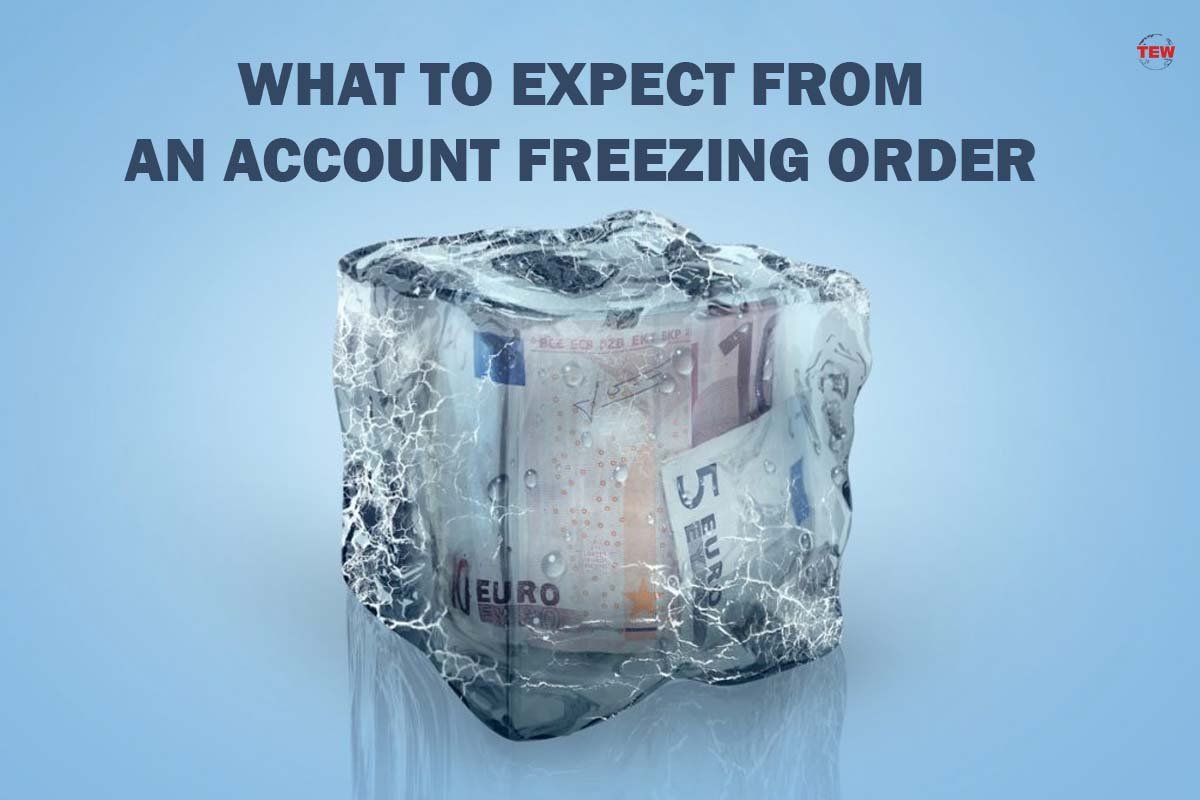By Sam Healey, Partner in Business Crime and Regulation, JMW Solicitors LLP
An Account Freezing Order (AFO) is a Court Order that prohibits withdrawals or payments into a bank, building society account, electronic money institution or payment institution. Account Freezing Orders were introduced in 2017 to assist the police in recovering the proceeds of criminal activity, and can be applied to business or personal accounts where there is a suspicion that funds came from (or are to be used for) unlawful conduct.
They have become increasingly popular in recent years because they are relatively easy to obtain, enable law enforcement bodies to restrict access to funds for up to two years (while they investigate the provenance of any suspicious funds) and may require individuals or businesses to provide considerable information and material to explain the origin of the funds or what they are to be used for.
For the subject of an Account Freezing Order, this can be extremely disruptive and difficult. If you are an individual with only one bank account, an AFO can leave you without any access to your money; this can leave you unable to pay bills and make it difficult to hire legal representation to help you challenge the order. When applied to a business account, an AFO can disrupt cash flow and affect operations. In both cases, it is important that you understand how an AFO works, how you can respond in order to protect yourself and your assets, and how you may be able to access funds if you need them.
Here, the experts at JMW Solicitors LLP (‘JMW’) will detail what you should expect when you are subject to an Account Freezing Order, suggest ways that you can manage the restrictions that they enforce, and advise you on how you can fight back against an AFO.
What should you expect from an Account Freezing Order?
It is important to say when talking about expectations that an Account Freezing Order could be made against you without notice. An enforcement officer – such as an officer of HMRC, a constable, an SFO officer or an accredited financial investigator – can apply for an AFO without notice if they feel that notifying the subject of the proposed application would impact the obtaining, making or purpose of any order granted.

In some cases, you may not learn that your account is frozen until you try to withdraw funds or make a payment, which can lead to difficult circumstances and a great deal of stress.
How are AFOs granted and are you at risk?
Even if you think that you are not at high risk, there are many good reasons to take these orders seriously and understand your options. Applying for an Account Freezing Order is relatively easy and the Magistrates’ Courts grant many of the applications that they receive, which means that you may be unaware that you are at risk. In fact, there are several factors that have led to the growth in popularity of these orders, which include:
- AFOs are increasingly common because they are relatively easy to apply for;
- The evidential basis to apply for the Account Freezing Order is a low threshold;
- AFOs can be granted without notice to the account holder, making them sudden and unexpected;
- An Account Freezing Order can apply to any account containing more than £1,000; and
- You need not be the subject of a criminal investigation for the order to be made.
For other orders that restrict assets – namely, a Restraint Order – the police must satisfy a Crown Court judge that various conditions have been met. For example, an enforcement officer must demonstrate that a criminal investigation has commenced and that there are reasonable grounds to suspect that the alleged offender has benefitted from criminal conduct.
However, to apply for an AFO, an officer need only demonstrate that there is ‘suspicion’, and there is no requirement for a criminal investigation to have commenced, or to show that an individual has benefitted from criminal conduct.
As a result, it is relatively easy and cost effective for law enforcement officers to apply for Account Freezing Orders, and in most cases they are granted. An AFO can last for up to two years and will inevitably cause significant financial difficulties; so, if you are a high-net worth individual, a company director or business owner, or simply someone who wants to mitigate any risk to their finances, it is important to know how you should react if an AFO is granted against you.
How should you respond to an AFO?
When an AFO goes into effect, you will be prevented from withdrawing or transferring money out of any accounts to which the order relates. Naturally, this can be an extremely distressing situation and it is important to respond quickly. There may be an opportunity to challenge the AFO and have it discharged, and you should seek legal advice as soon as possible in order to maximise your chances of success.
There are several routes that your legal representatives can take, and by working with an expert legal team with specialist experience in challenging these orders, you can increase the likelihood that the AFO will be discharged.

Alternatively, if the Account Freezing Order remains in place, you may be able to apply for an exclusion. This will give you limited access to your money to ensure that you are able to cover reasonable living costs, and may also enable you to withdraw the funds you need for legal services. Ultimately, seeking legal advice is the best way to move forward and achieve the best possible outcome.





